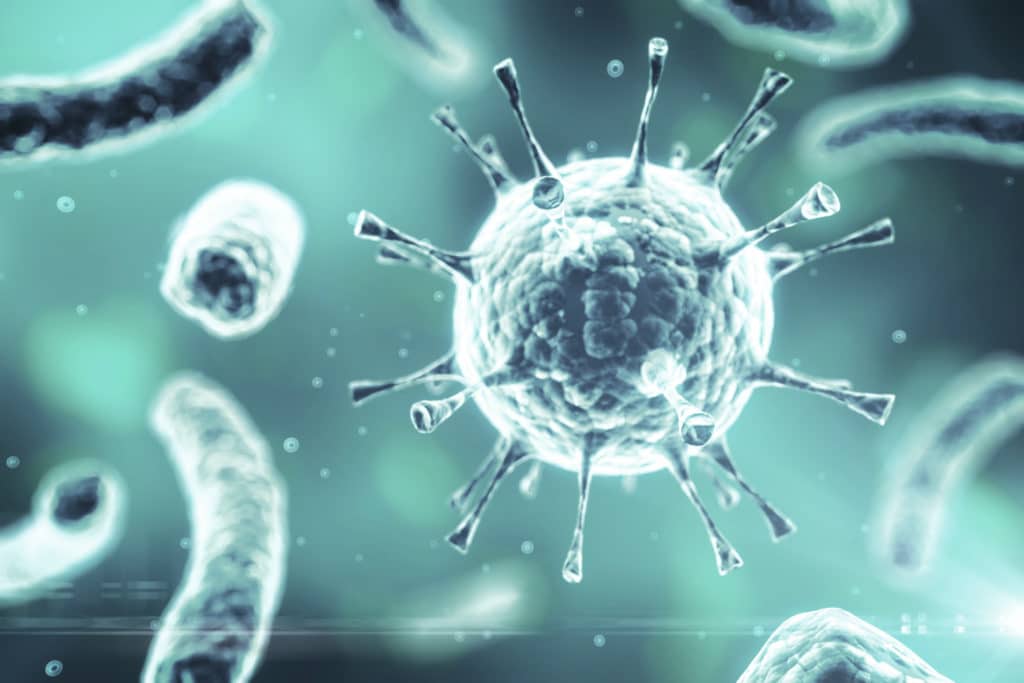March 3, 2020

Everywhere you turn at the moment, there is advice on keeping yourself well. It can become a bit of an overload and in some cases can leave us feeling stressed and worried. Being stressed is something that can affect your immune system, so it is something to keep to a minimum.
In response to a lot of enquiries, we would like to give you a brief guide to how some simple measures can help you. It is not a complete list by any means, but a guide to help you through the maze of information and give you some ideas for further research.
It is hard to focus on being well when we are bombarded with headlines about illness and infection.
It may sound really boring and obvious, but one of the best ways to help prevent the spread of any germs is to wash your hands with hot water and soap. In operating theatres throughout the UK, that is still the preferred method of cleaning. Of course, you need to wash thoroughly and for than just a quick splash under the tap. Some people sing the song Happy Birthday to You as a rough guide to the minimum amount of time! Sing it twice, maybe in your head, for best cleaning results.
Once you have washed your hands, dry them thoroughly, if in a public place, use a disposable towel and dispose of it properly.
If you can’t get to a tap and soap, use an antibacterial hand sanitiser. You can even make your own with aloe vera gel, cider vinegar and lavender and tea tree essential oils
Good hygiene can go a long way in keeping you well. Simple, proper handwashing goes a long way as a first line of defence.
Other ways to keep yourself well include eating a healthy diet, try to include plenty of fresh fruit and vegetables along the lines of a Mediterranean diet. That way you can help yourself get a wide variety of foods into your system and along with it, vitamins, minerals and phytonutrients.
Drink plenty of water an herbal teas, maybe reducing tea and coffee if you drink a lot of it. Try to keep sugary drinks to a minimum as sugar can lower the immune system.
You can top up the nutrients in your diet by using supplements that help support your body when either your diet cannot provide enough or when your demands increase. A good foundation is to add a multi nutrient formula that will have a wide range of nutrients in their most active forms. If you only take one thing, this is a good place to start.
A balanced and varied diet is a good way of aiming to get a wide spectrum of nutrients into your system.
Certain nutrients such as Vitamin C and Zinc are known to be needed by the body for proper functioning of the immune system. A Vitamin C powder is a good way to take this vitamin especially if you are looking to also have the added cofactors such as taurine, magnesium, potassium and calcium added to reflect a lot of the research on this vitamin.
Zinc is often combined with copper to give you a complete formulation and to avoid any deficiencies caused by the increased intake of zinc.
Quercetin is a bioflavonoid, often found in nature alongside Vitamin C, but with nutritional benefits of its own. A useful antioxidant and an ideal companion nutrient to your Vitamin C supplements.
You may think that Vitamin D is just for healthy bones, but this ‘sunshine’ vitamin is also need for normal functioning of the immune system. Unless you regularly get exposure to sunlight or eat a diet rich in oily fish, you could be lacking in this important vitamin. You can take it as capsules or drops, ideal if you are trying to get children to take it.
Children can resist taking supplements if they don’t like swallowing tablets or capsules, one way is to get them to take something they like the taste of. Making sure they have a healthy system full of good bacteria is a good step in helping them stay well. Using a supplement that works at the first stage of defence, in the mouth. A child friendly good bacteria supplement is ideal, try LavaRox—it’s like popping candy but full of good bacteria!
Supplements can be useful in helping maintain wellness. Look for ones that reflect research and have the nutrients in their active forms and with co factors.
Lactoferrin is a substance you may not have come across before. It is an iron binding glycoprotein and is found in both human and bovine milk. Not only does it help iron absorption, especially in those with a deficiency, it also plays a role in the immune system and managing the inflammatory response in the body.
By following sensible hygiene practices, a good diet and good nutrition, you can go a long way in helping to keep yourself well. Aim to focus on wellness and not illness, maybe hard to do at the moment, but try not to let your self be bombarded with negative headlines and keep your mind on the positive steps you can take.
Back to Blog